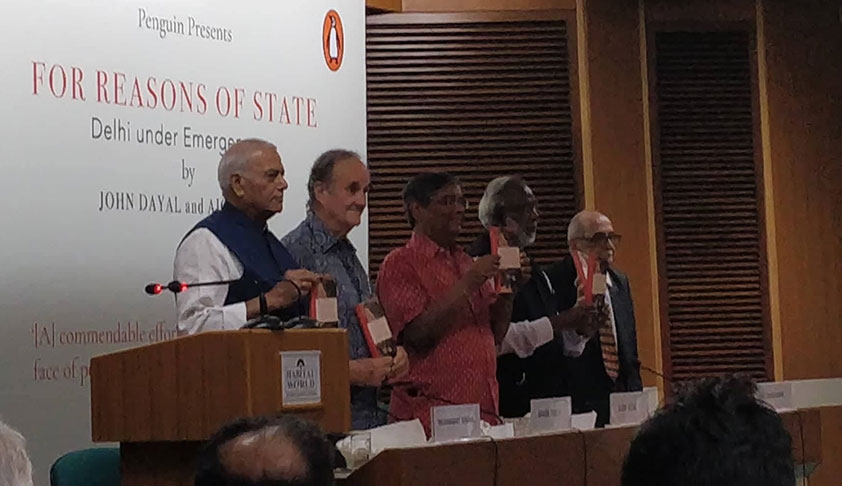1975 Emergency Anniversary: Never Concede Dictatorial Power To Any One Person, Says Fali S Nariman
Mehal Jain
27 Jun 2018 11:02 AM IST

Next Story
27 Jun 2018 11:02 AM IST
Indians should always remember June 26 and ponder ‘what did we do about it’, said NarimanRecalling the dark days of 1975 Emergency, Senior Advocate and constitutional jurist Fali S Nariman on Tuesday said that while the world today knows about what Indira Gandhi, the then Prime Minister, did and how the judiciary had failed to its duty, the most important thing is what has been done...
